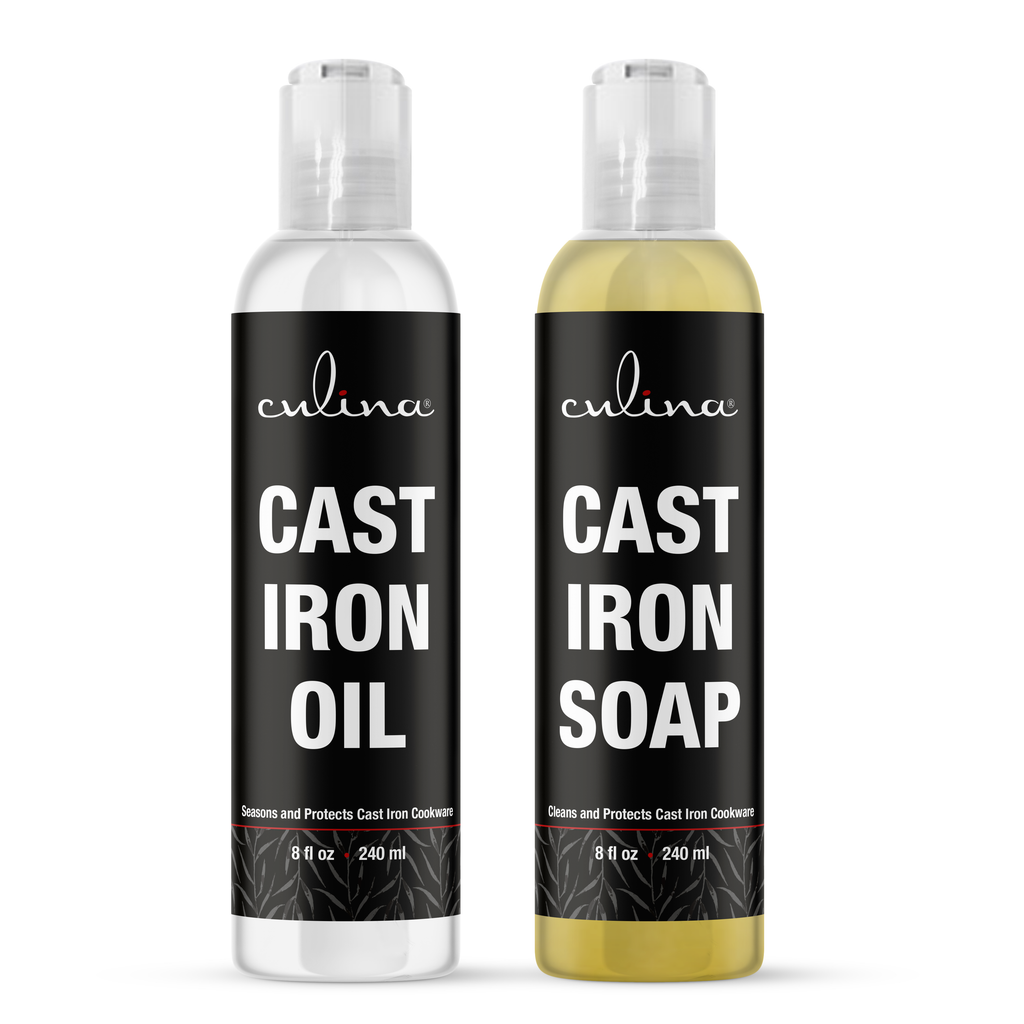How to Clean Kitchen Countertops for a Sparkling Finish?
Keeping your kitchen countertops spotless is not only important for aesthetic reasons but also crucial for hygiene. Knowing how to clean kitchen countertops can significantly enhance the look of your kitchen and improve your cooking environment. As beauticians, you understand that cleanliness is paramount, and applying the same principles to your kitchen can make a world of difference.
This article will cover various methods and products to effectively clean different types of kitchen countertops, ensuring they shine like new. So roll up your sleeves, and lets get started!

Understanding Different Countertop Materials
Before diving into the cleaning techniques, its essential to understand the different types of countertop materials you might be working with. Some common ones include:
- Granite: Known for its durability and elegance.
- Quartz: Engineered stone that combines beauty with low maintenance.
- Marble: Luxurious but requires special care.
- Laminates: Budget-friendly and versatile.
Each material demands a specific cleaning approach to maintain its beauty and longevity. Therefore, knowing your countertop type plays a big role in the cleaning process.
The Right Cleaning Tools
When learning how to clean kitchen countertops, having the right tools is vital. Heres a list of items youll need:
- Soft cloths or microfiber towels
- Non-abrasive sponge
- pH-neutral cleaning solution
- Baking soda
- Vinegar (for certain surfaces)
Investing in quality cleaning tools will ensure that your countertops remain scratch-free while getting the deep clean they require.

Step-by-Step Cleaning Process
For Granite Countertops
Granite countertops require special care because they are porous. Heres how to clean them:
- Start by wiping the surface with warm water and a soft cloth to remove any crumbs or loose debris.
- Mix a solution of warm water and a few drops of dish soap.
- Dampen a sponge in the solution and wipe the countertop. Avoid vinegar or acidic cleaners.
- Rinse with clean water and dry thoroughly with a microfiber towel.
For Quartz Countertops
Quartz countertops are less maintenance-intensive but still require proper cleaning.
- Wipe the surface with a mixture of warm water and mild detergent.
- For tougher stains, you can use a non-abrasive sponge and some baking soda.
- Make sure to rinse well and dry with a cloth.
For Marble Countertops
Marble needs gentle care to avoid damage:
- Use a soft cloth with warm, soapy water.
- Do not use acidic solutions; instead, use a pH-balanced cleaner if required.
- After cleaning, dry the countertop immediately.
For Laminates
Laminates dont require much effort, but its still crucial to keep them clean.
- Wipe with a damp cloth and mild detergent.
- For stubborn stains, you can try a vinegar-water solution.

Factory-Made Cleaners vs. Homemade Solutions
Many beauticians prefer using homemade cleaning solutions due to the lower chemical content. Here are some common options:
- Baking Soda: Great for scrubbing away tough stains.
- Vinegar: Effective against grease but should be used carefully on natural stones like granite and marble.
- Olive Oil: Can be used to buff surfaces after cleaning.
For more specific techniques and recipes, you may refer to this sink cleaning guide.

Regular Maintenance Tips
After knowing how to clean kitchen countertops, its crucial to keep them clean regularly:
- Wipe down surfaces daily.
- Deep clean at least once a week.
- Be cautious with spills, especially from acidic foods.
Conclusion
Keeping your kitchen countertops clean not only enhances the beauty of your kitchen but also ensures a healthy cooking environment. Employing the correct cleaning methods will extend the life of your countertops and make your kitchen an inviting space. Whether you are a beautician or simply a home cook, cleanliness should always remain a priority!
Frequently Asked Questions
1. Can I use vinegar to clean all countertop types?
No, vinegar is not recommended for natural stones like granite and marble as it can damage the surface.
2. How often should I clean my kitchen countertops?
Daily cleaning is advised, with a deep clean at least once a week.
3. What happens if I dont clean my countertops regularly?
Neglecting to clean can lead to stains, bacteria build-up, and potential damage to the countertop material.
As an Amazon Associate, I earn from qualifying purchases.

